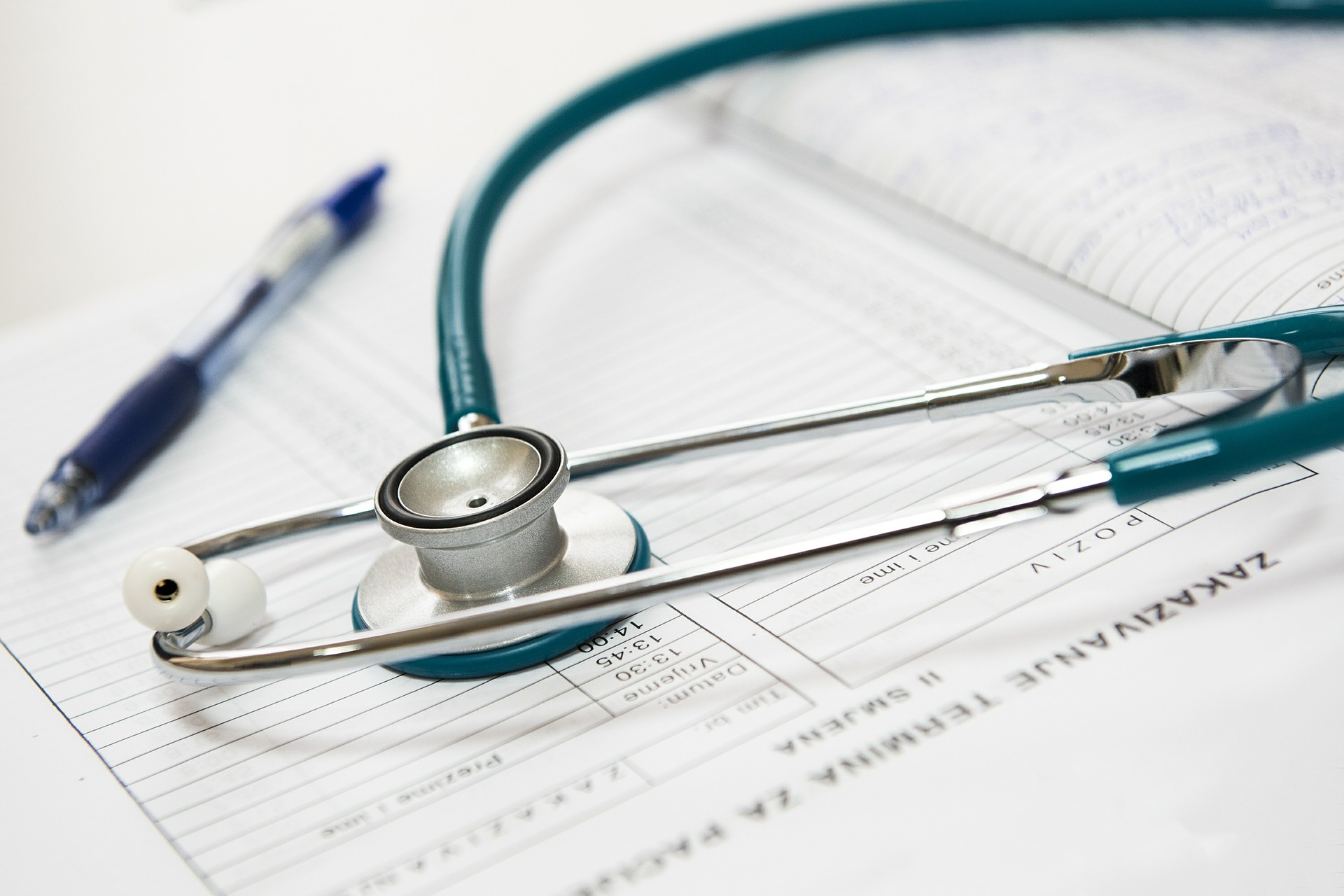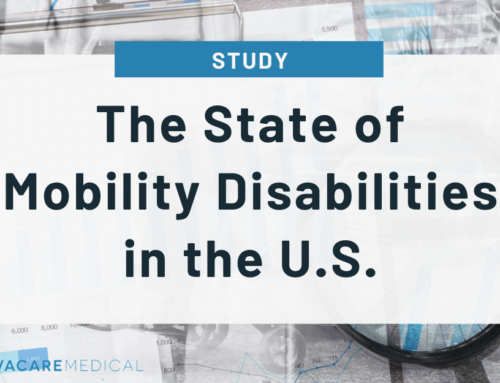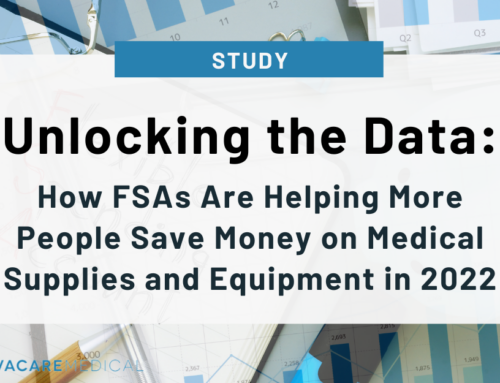Telemedicine has rapidly grown in popularity within the past decade, and it is becoming a key part of the U.S. healthcare system. It is expected to become even more central to the infrastructure; by 2020, analysts expect that nearly 80 million patients will rely on telemedicine.
How is this revolutionary technology impacting the diagnosis and treatment of heart disease? How can you or loved ones in your life take advantage of it? Let’s look into the issue:
What Is Telemedicine?
Nowadays, you don’t need to drive to your doctor’s office every time you have a medical concern. Many providers offer telemedicine services. Not only can you use wearable technology to track your health, you can share that data with healthcare professionals, and discuss your evaluation and treatment via video conferencing.
Recent technological innovations have made telemedicine a reliable and affordable strategy for delivering healthcare. Telemedicine allows patients with medical concerns to contact doctors and other professionals from a remote location. Whether they are reluctant or physically
incapable of traveling to a healthcare facility, such people can get assistance with evaluating, diagnosing, and developing treatment plans for whatever ailments they might have.
Remote patient monitoring is a big part of the puzzle. Big data, largely comprised of information gathered by wearable technology (like cardiac sensors) and apps, allows providers to personalize healthcare to best meet patient needs.
How Can it Improve Cardiac Health?
As the age of the world’s population gets older, it will become more important than ever to track and monitor heart health. Depending on your needs, it may be in your interest to explore telemedicine options. At-home monitoring can keep you and your doctor apprised of any medical concerns on a consistent basis. It’s also wise from a financial perspective; those with congestive heart failure benefit from fewer unnecessary hospital visits when taking advantage of the benefits of telemedicine.
This technology can also help you and your provider anticipate the development of related diseases with similar symptoms to heart disease. For example, an irregular pulse, palpitations, or a faster heartbeat could be a sign of atrial fibrillation — a precursor to heart disease and even stroke. If a patient notes such irregularities and experiences other symptoms, such as fatigue, chest pain, or feelings of anxiousness, they can discuss these findings with their doctor via video conferencing in a short matter of time.
When engaging in telemedicine as a patient, it behooves you to track your health. There are a wide range of apps that patients can use to track their heart health. These help users monitor their heart rate, track their blood pressure, and even connect them with nearby CPR-trained people in the event of a cardiac emergency. If you have a phone or tablet, these apps can prove to be an invaluable asset. As anyone who has contended with heart disease can tell you, blood pressure monitors and heart rate monitors are a must.
Given the information gathered from this technology, you can make some major lifestyle changes to improve your quality of life. Apps can help you track your diet and choose heart-healthy alternatives. Wearable sensors can encourage you to maintain a healthy exercise routine and prevent you from overworking yourself. Even tracking your sleep is advisable, since conditions like obstructive sleep apnea are associated with high blood pressure and heart failure.
Of course, there are some other practical considerations for those closely tracking their heart health. For example, consider how cardiac concerns affect your ability to travel. The concept of being “too old to travel” is rooted in concerns about security and health; if you can comfortably track your health, avoid overexerting yourself, and contact your provider in case you face new health concerns, nothing should stop you from pursuing your interests. Thankfully, telemedicine helps with that.
These are a few of the ways that telemedicine can help you. Just remember that it never hurts to be too cautious when it comes to heart disease. Wearable technology and apps are intended to enhance and personalize your healthcare — not replace it. If you experience unexpected symptoms or feel ill, consult a doctor.
Brooke Faulkner is a senior rights advocate and mother of two in the Pacific Northwest. She loves spending time with friends and family at the assisted living facility near her home, and has collected more stories there than she can count.




